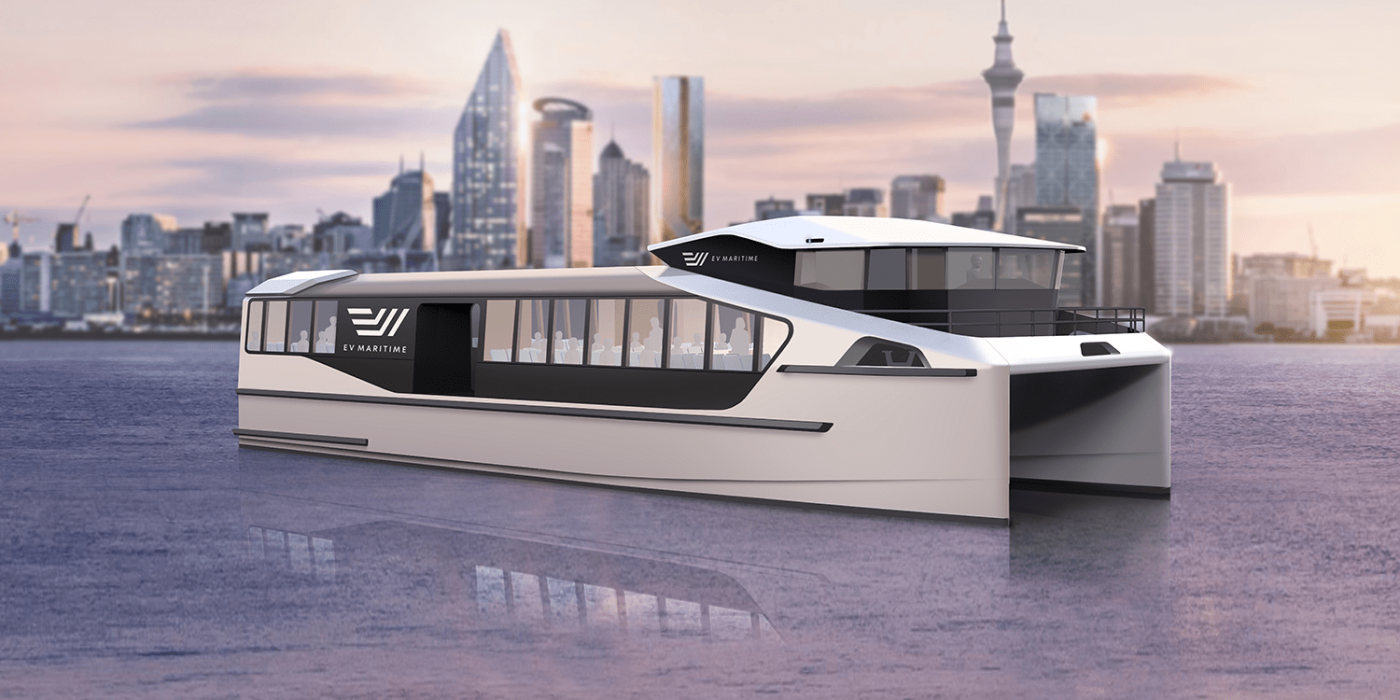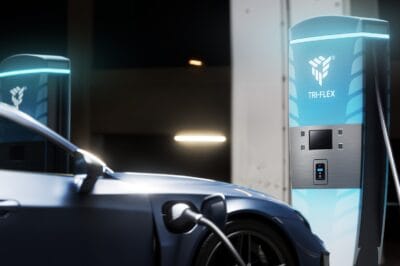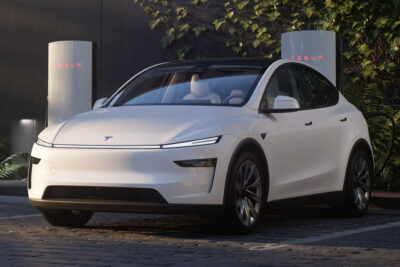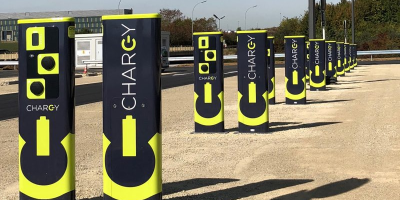ABB to deliver megawatt charging systems (MCS) for ferries
As part of Auckland Transport’s broader electrification program, ABB will install five of its megawatt charging systems for maritime vessels. ABB says its MCS charging system for ferries reduces obstacles to the adoption of electric maritime applications by using a “standardized and highly adaptable system charging system” that is the same as those used by trucks and airplanes.
Initially, the MCS systems will provide power for two all-electric ferries with a capacity of 200 seats and two hybrid-electric ferries with a capacity of 300 passengers. The first two electric ferries will begin operating in 2024, followed by two more in 2025-2026. ABB will work with local partners to engineer and install five complete charging solutions in 2024 and 2025 at several ferry terminals to accommodate the new electric ferries. Each terminal’s charging system will include two 1.65MW chargers, a transformer, ACS880 converters, MCS plugs, and cable management on the ferry pontoons.
The ferries that operate public transport services to and from different parts of Auckland City have high power demands with short turnarounds. ABB says the ferries’ crews can handle the chargers during these turnaround periods. The charging systems can provide three megawatts of direct current (DC).
Auckland Transport plans to acquire more electric ferries in the near future as the current fleet of diesel ferries reaches the end of its useful life. The city’s public transport operator aims to transfer the city’s ferries from private ownership to public ownership. This entails a fleet of over 30 ferries that provide public transport services in and around the city’s extensive harbor and numerous islands, which are currently owned by multiple operators. By 2030, New Zealand’s largest city aims to have the largest electric ferry fleet in the Southern Hemisphere.
“Ferries connect communities and have a significant impact on the environment,” said Palemia Field, Ferry Segment Manager, ABB Marine & Ports. “There’s a well-known Māori proverb which says ‘ka pū te ruha, ka hao te rangatahi’, or ‘once the old fishing net is worn, it is put aside to make way for the new fishing net’. Electrification is crucial and we must move away from emissions-generating technologies.
According to Waka Kotahi NZ Transport Agency research, ferries carry only six per cent of public transport users in Auckland, but their diesel engines produce 20 per cent of the city’s public transport emissions.
“We are ready to deliver the MCS solution to meet the demand, wherever standardized connections make it easier for operators to design their ferries and terminals,” Field said.
ABB Marine & Ports supplied Lisabon shipbuilders with electric power systems for their ferries in 2021, and, in the same period, received an order from South Korean shipyard Haemin Heavy Industries. ABB is also involved in the European innovation project Flagships, which will see the world’s first hydrogen-powered commercial cargo ship enter service on the Seine in Paris later this year. On the level of MSC charging, ABB has been working on delivering high power over shorter charging times with MSC systems for heavy-duty vehicles in collaboration Scania.
Murray Burt, Chief Engineer, Auckland Transport. “It was important to combine ABB’s global support capabilities and long-standing local presence for a project that will transform Auckland’s ferry services.”





0 Comments